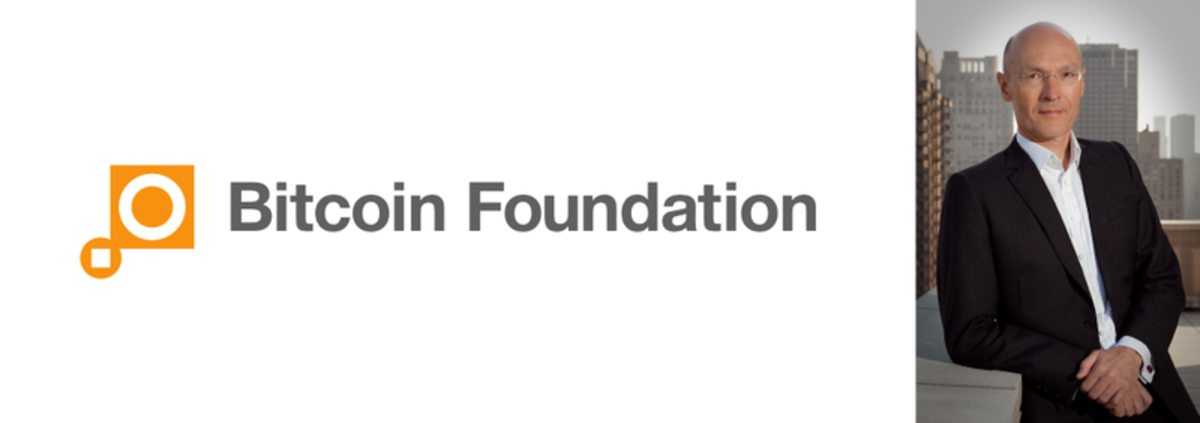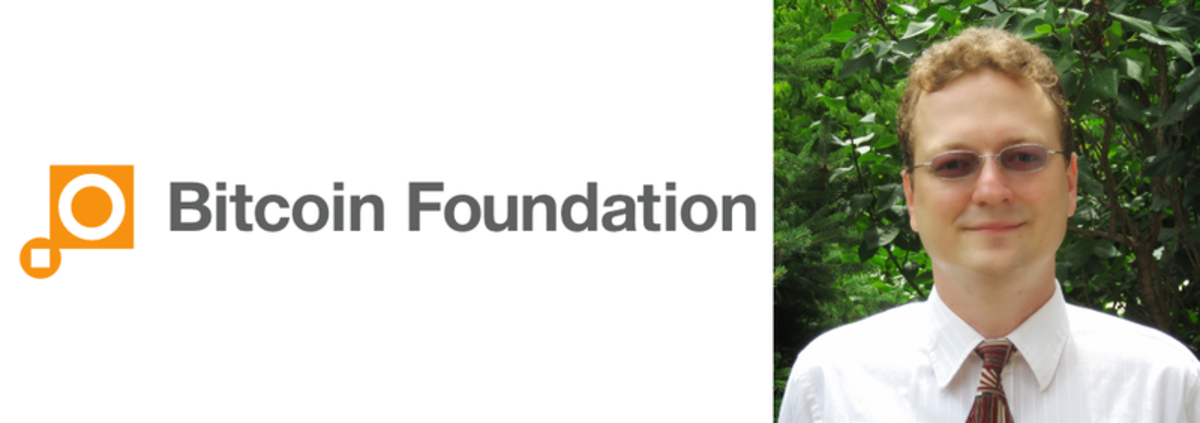
Adam B. Levine (Let’s Talk Bitcoin): Please introduce yourself and give a brief overview of what you hope to accomplish with your candidacy.
Duncan Goldie-Scot: My background is as a financial journalist, and then publisher, and entrepreneur. I started various magazines in the financial technology space, so global magazines, and built up a publishing company. I trained as an economist and my interest has been, since then, really in payment systems, and civic society.
Since 2007, I’ve focused on development projects in Africa. And I was largely taken there by the success of the M-Pesa mobile payment service, which is now used by about 80 of the population in Kenya. I knew the people who designed that, and I’ve written about that extensively in one of my newsletters.
In Africa, I’m the founder and director of several companies including a microfinance bank, a credit scoring service using mobile phone data, and I’m currently working on a Bitcoin to M-Pesa exchange in Kenya. In the hope of creating a more efficient remittance service first in Kenya and hopefully later in other countries.
So, what I hope to accomplish is I hope to bring an international business focus to the foundation. And I’m already a bitcoin evangelist and talk about it a great deal to people and business investors I meet. And, obviously, if I were on the board I would do a great deal more than that.
LTB: Why do you want to serve on the Foundation Board?
DGS: Well I’ve been interested in digital currencies since the mid-90s when I edited a financial times newsletter called the Virtual Finance Report. And I published many articles about the potential for digital currencies and attended the meetings of the international financial cryptography association, eventually becoming a director of that.
It happens to be one of my passions to see alternative currencies succeed. My particular interest in Bitcoin is that it is a bearer instrument. And I’m interested in taking bearer instruments on to the, or like cash, on to the internet.
I have the time, I’ve got the interest, and I would hope I would be able to make a positive contribution.
LTB: What makes you qualified for the position?
DGS: I think that’s for the members to decide, but I’m [couldn ’t understand] from some of the others is I’m not a technologist, I’m not a coder or developer or a bitcoin miner. I’m an entrepreneur, businessman, investor, experienced board member with a variety of organizations. Both charities, not for profit and commercial.
And my focus is on really making things happen. I like to make things work. I’ve been around the space, the payment space, as a journalist, entrepreneur, and businessman for quite a long time. So I hope my board and business experience would add to the perhaps more technical experience being offered by other members of the board.
LTB: Do you believe there is a right and wrong way to use a Bitcoin?
DGS: No. I mean, the whole attraction Bitcoin is that it’s a bearer instrument and behaves like cash. I want to get away from some central authority deciding how someone should spend their money.
I work in many countries in Africa and the Middle East and it’s become a nightmare dealing with the paranoia of the banks and payment companies. The AML and KYC requirements on remittances impose billions of costs for no discernable benefit. And all of that compliance cost could be saved and a fraction could be spent on more targeted intelligence to greater effect.
So no. I don’t think it’s up for the payment system to judge the use of the payments. The world doesn’t have the resources to vet every Somali in the US who wants to send $100 dollars to his mother back to his mother back home and the current process is killing that. So I’d like to free up that whole process.
LTB: What are your views on Bitcoins software development?
DGS: That’s a tricky one for me, because I’m not a developer or coder. I think my understanding is that individuals propose or develop changes. And that the core developers have a fair bit of say in what is accepted, but ultimately the mining community decides in which direction the code goes.
Now the mining seems to be becoming rather concentrated in a few mining pools. And I don’t know how much of an issue that is, but, I mean, the ultimate test is going to be user acceptance. If Bitcoin doesn’t gain market traction then another alt-currency will.
Maybe you mean more about software development in terms of applications instead of the core code? That might be more meaningful to the foundation. If so I’d certainly like to see there being a strong focus on the usability of Bitcoin applications. Simple secure software that can be understood and used by non-specialists.
LTB: Do you have plans to work with the Bitcoin Community, if so how will you deal with the diversity of opinion that exists within that community?
DGS: One of my companies, Misoni, is actually, the holding company is actually Dutch registered in Amsterdam. The Dutch have this decision making model, I think it’s called the Polder Model, of endless discussions, iterative discussions to finally reach a consensus.
Yeah, it seems to work.
I’m quite used to dealing with teams, a diversity of opinion, discussion, and as a member of quite of few boards, one of my roles is to try to find common grounds between diverse opinions.
LTB: Should the Foundation hire a lobbyist? If yes, why and where should they lobby? If no, why isn’t lobbying important?
DGS: I think yes, and probably in D.C. I think by necessity, the foundation is going to be US-centric, and may well over time spawn off shoots and affiliates in other countries. I’m not entirely sure how far those discussions have gone.
Probably D.C. Maybe California as well, I’m not sure. But in terms of speaking to the regulators that’s primarily going to be D.C.
LTB: If you had to change one thing about the Bitcoin Foundation, what would it be and why?
DGS: I don’t have an answer for that. I think it’s way too early for me to comment on that. It seems to be doing a good job of engaging with the public and with regulators. I would have to be much more involved in the day to day work to form a view as to whether anything needed changing.
If you have enjoyed this interview, you can find the other candidates interviews here:










